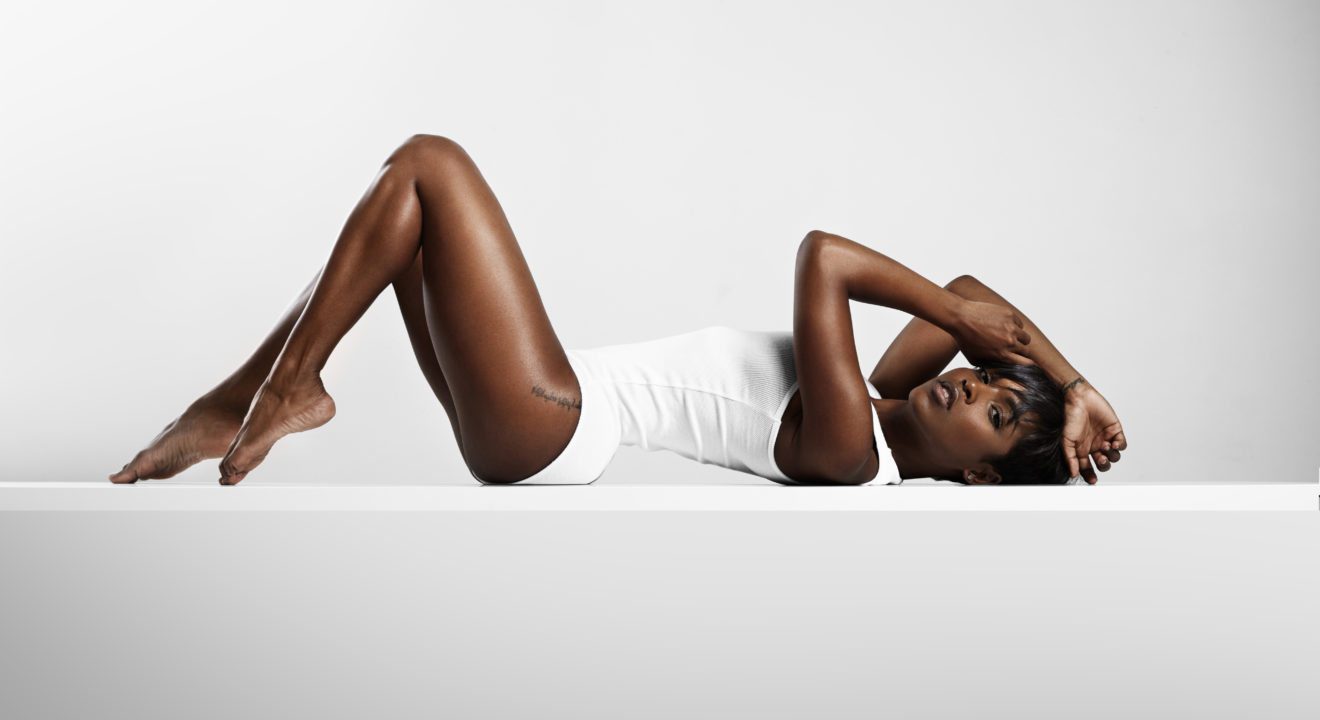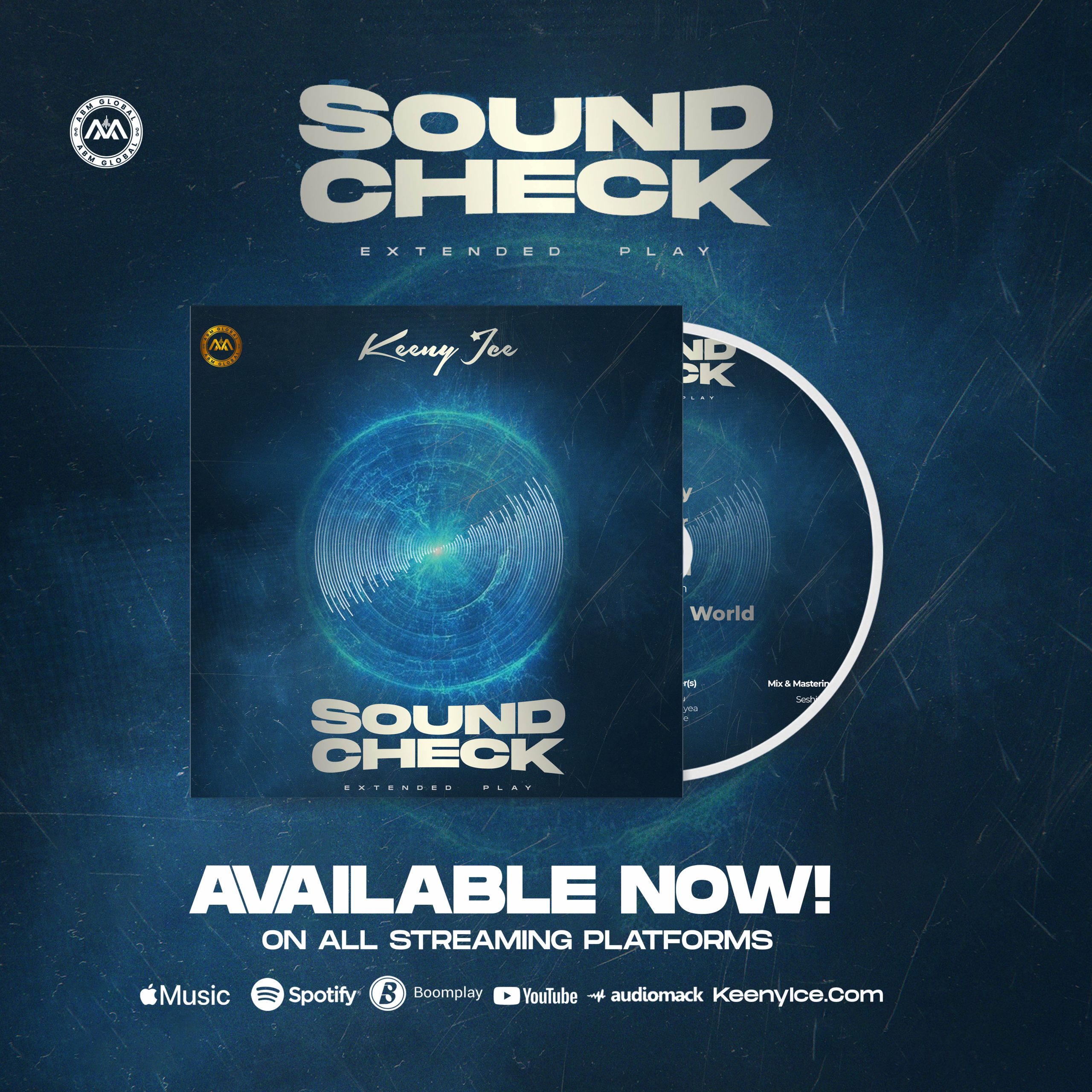You’ve probably heard the saying before: “sex sells.” That’s one of the mantras found in the entertainment industry and, although true, “sex” often appears to only focus on women. Female musicians often receive criticism for flaunting their bodies in music videos, and many female actresses have been accused of getting roles only because they’re attractive.
THE SEXUALITY DEBATE
What do these critiques all have in common? They’re based on a misunderstanding of female sexuality. In many aspects of society, women are expected to store their sexuality in some private compartment of their lives in order to act as “respectable” role models for other women. Yet, the idea that women should hide their sexuality, and that other women should follow this “good” example, harms women’s sexual expression. It teaches women that their bodies aren’t worthy of being proud of in public and that the rock of their hips, the curve of their chests and the length of their legs should be tucked away the moment they leave the bedroom.
Some argue that women who hide their bodies from the public eye give their bodies a sort of “hidden jewel” value and turn their bodies into a gift that few – maybe even only one person – have the privilege of discovering and appreciating . But this mentality only creates the problematic assumption that a woman’s body is devalued the more people see, touch or share it. A woman’s value has nothing to do with how she presents her body, how much skin is shown, how many people see it, touch it or have the ability to appreciate it. Assigning value based on a woman’s degree of sexuality only serves to objectify women, using their bodies and sexuality as variables to determine their level of purity or corruption.
Because of this stigmatization of female bodies and sexuality, we need strong female figures who proudly proclaim their own sexuality and show other women that they can do the same. Yet, the problem reaches a full-circle when these women are called out for “self-objectifying”, as if their intentions in depicting themselves sexually devalues them into objects. Yet, these women are often called sell-outs, untalented and exploitative of women’s bodies, as if you can’t be sexual without being a sex object.
THE CONTROVERSIAL ROLE MODELS
Artists like Beyoncé, Nicki Minaj and Fergie are examples of inspirational women in the entertainment world who have helped disrupt these harmful perceptions of women and their sexuality. Nicki Minaj, known for controversial, sexualized songs like “Anaconda,” unsurprisingly faces the most backlash out of these musicians. It’s easy to understand how someone who believes that a woman’s value is tied to muting her sexuality would see this song and music video as objectifying and denigrating to women: its imagery, choreography and lyrics all exude sex. I remember having a conversation with a girl in high school who thought that Nicki Minaj wasn’t a feminist because she was shaking her butt in skimpy outfits and spraying whipped cream all over her chest with a look that said, “Oops, did I do that?”
Yet, that is the point! Nicki Minaj’s “Anaconda” is one of the greatest leaps in validating a woman’s right to be sexual. The lyrics all emphasize one prevailing message: Nicki Minaj is sexy, she’s proud of her body and any man lucky enough to experience it certainly underwent a rigorous selection process because Minaj doesn’t settle for mediocre. But she’s also her own woman before she’s any man’s, and she expresses this sentiment in more than words. Take this image from the video: After peeling a banana, clad in a revealing apron, semi-transparent stockings and heels, Minaj sensually waves it around her mouth then slices it with a knife, throws it over her shoulder and snarls at the camera. In other words, she’s in control.
Not everyone sees the video this way, though. Many people don’t understand that Minaj isn’t singing that her man is the one who satisfies her or that she needs a lover to fulfill her. She’s saying the complete opposite! When you hear, “Pussy put his ass to sleep, now he calling me NyQuil,” Minaj is sharing how she feels empowered by her ability to sexually satisfy her lover. In fact, she is so good, he has to a rest after they’ve had sex. Rather than focusing on how her partner performed, she highlights her own talents as a lover.
If you search “women objectification” on the Internet, it won’t take long to find an article like this one by Dr. Justin Coulson. In it, he accuses Nicki Minaj and other female artists who express their sexuality in their music videos of “selling the message that women are nothing more than accessories.” These articles are often written by men trying to defend the virtue of their daughters against these “sleazy, unhealthy messages that someone with no respect for womanhood promotes.” I’d like to sit down with Coulson’s daughters and explain to them that, yes, people like Robin Thicke are doing just that. But Nicki Minaj is one of the people promoting the expression of sexuality in a healthy, positive way.
THE REAL OBJECTIFY-ERS
Even though the article does reference Thicke’s objectifying music video, “Blurred Lines,” about how his psychic man-senses can tell him when a woman “[wants] it,” the critique emphasizes “female artists” like Miley Cyrus and Nicki Minaj. In fact, perhaps Coulson’s credibility as a speaker for women’s wellbeing is hurt most by his near-silence on Thicke’s pro-rape catastrophe “Blurred Lines.” What he should’ve talked about? Here are some highlights (or should it be low notes?) of the song and music video:
- TI creepily petting the hair of dancing, naked women.
- Robin Thicke literally equating women with pets, singing, “Tried to domesticate ya, but you’re an animal, baby it’s in your nature.”
- Naked women silently strutting and dancing around the fully-clothed Robin Thicke, TI and Pharrell as they sing that they “must wanna get nasty.”
See a difference between Minaj’s and Thicke’s videos? If you don’t, that’s where the problem lies. Minaj is in control of her body; she chooses how sexual she wants to be and she decides when she wants a man. On the other hand, Thicke tries to control women’s bodies, asserting, “I know you want it,” and claiming that miscommunication in flirting is “blurr[ing the] lines” of consent. For Thicke, women seem to owe him sex if she flirts with him. For Minaj, sex is instead an activity that she, and every woman, has the power to decide to engage in or not. Of course, Thicke received significant condemnation for his objectifying song, but to categorize Minaj’s work in the same light is an insult to women.
Women should neither feel ashamed of displaying their bodies with pride nor obligated to share with someone if they don’t want to. Sexuality doesn’t devalue women, but labeling women who are more sexual than others as “animals” does. Perhaps even more worrisome, this type of attitude towards female sexuality contributes to the common misunderstandings over what consent means and looks like. Thicke’s promotion of “blurred lines” isn’t just insulting; it’s also extremely dangerous for women who enjoy flirting, but don’t view flirting as a passkey to the bedroom. Assuring women that Thicke knows what they want strips these women of any power to determine their own relationships with a man.
THE BOTTOM LINE
So, if you believe that Nicki Minaj is just as bad of a role model as Robin Thicke, think again. Nicki Minaj’s “Anaconda” shows what a sexually-healthy woman can look like: confident in her behavior and abilities, proud of her body and not afraid to say no. She’s not objectifying herself, despite what many people believe. As for Robin Thicke … well … he doesn’t have any redeemable characteristics worthy of role model status. But Robin Thicke can still serve as an example of what “sleazeball” fully means and what objectifying women in the music industry really looks like.

